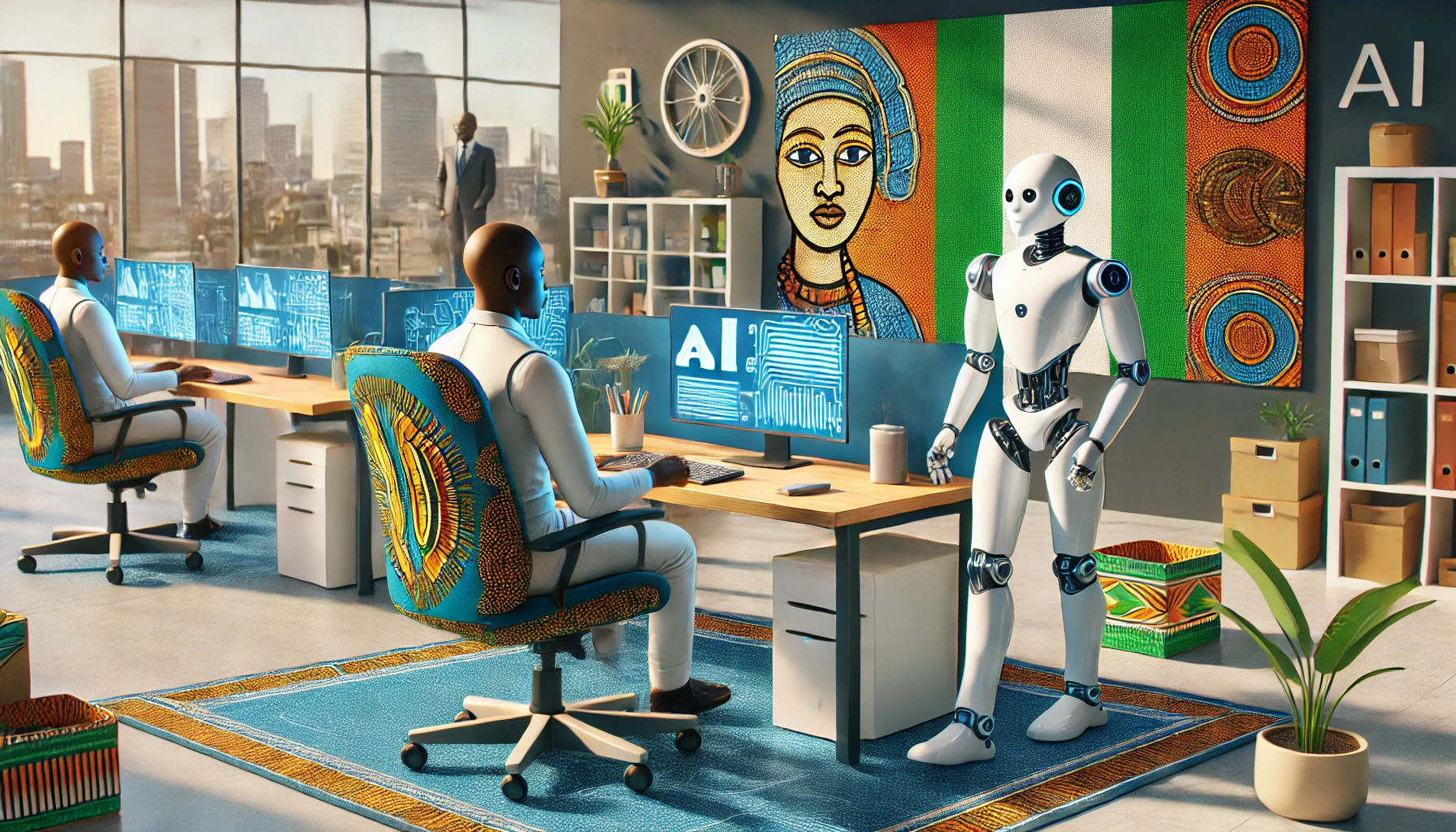Big Tech AI Investments – Microsoft, Google, and Meta racing to dominate AI development
Introduction
In early 2023, a group of Silicon Valley engineers gathered at a private conference in San Francisco. What began as a technical meetup soon turned into a heated debate. Not about hardware, software, or cloud storage—but about who would dominate the AI era. A hush fell over the room when someone posed the question: “Will it be Microsoft with OpenAI, Google with DeepMind, or Meta with its metaverse-fueled AI?”
This is more than just a rivalry—it’s a technological arms race shaping the future of humanity. Behind the scenes, the world’s largest tech giants are making massive AI investments in a race not only for market share but also for global influence.
Welcome to the battleground of Artificial Intelligence—where billions of dollars, strategic acquisitions, and advanced research are converging to shape our digital future.
Overview of AI Landscape and Importance of Big Tech Investments
AI is no longer just a buzzword. From virtual assistants to predictive analytics, from autonomous vehicles to advanced robotics—AI is transforming industries. According to PwC, AI could contribute $15.7 trillion to the global economy by 2030.
This staggering potential explains why Big Tech companies—Microsoft, Google, and Meta—are going all in. Their investments are setting the stage for next-generation applications, fueling innovation, and rewriting business models across every sector.
The current AI landscape is a mix of cutting-edge research, rapid deployment, and fierce competition. Startups may ignite innovation, but it’s the Big Tech titans that hold the fuel to turn sparks into wildfire.
Microsoft’s AI Strategy: Key Investments and Partnerships
Microsoft has emerged as a power player in AI, largely due to its landmark partnership with OpenAI, the creators of ChatGPT. This collaboration started with a $1 billion investment in 2019, which has since grown into a multi-billion-dollar strategic alliance.
Key Highlights:
• Integration with Azure: Microsoft has embedded OpenAI’s models into its cloud platform, making Azure OpenAI Service available for businesses worldwide.
• Copilot for Productivity: AI-driven features like GitHub Copilot and Microsoft 365 Copilot have redefined productivity tools.
• AI Supercomputers: Microsoft has invested in building some of the world’s most powerful supercomputers tailored for AI training.
Microsoft’s approach is pragmatic—empower developers, serve enterprises, and scale responsibly. It’s less about flashy demos and more about real-world impact.
Google’s Approach to AI: Innovations and Future Directions
If Microsoft is the practical force, Google is the mad scientist of AI—pioneering research, moonshots, and bleeding-edge experiments. Google’s AI empire rests on pillars like DeepMind, Google Brain, and Gemini AI (its latest ChatGPT rival).
Key Highlights:
• DeepMind’s AlphaFold: Revolutionized drug discovery by predicting protein structures.
• Gemini AI Model: A sophisticated, multimodal model designed to challenge OpenAI’s dominance.
• TensorFlow & TPU Chips: Google continues to provide foundational infrastructure for AI development globally.
Google’s vision is bold—to build AI that understands, reasons, and enhances every aspect of life. From search to self-driving cars (Waymo), Google aims for deep integration into society’s core.

Read More: How AI Can Be Used to Solve Gender Inequality Problems in Nigeria
Meta’s AI Vision: Focus Areas and Technological Advancements
While Microsoft and Google target AI dominance via productivity and research, Meta is betting on social interaction, immersive experiences, and personalized AI. With Mark Zuckerberg’s pivot toward the metaverse, Meta’s AI strategy centers on embodied AI, open-source research, and massive LLMs.
Key Highlights:
• LLaMA (Large Language Model Meta AI): Meta’s family of open-source AI models, aimed at democratizing access to powerful tools.
• AI in AR/VR: AI enhances Meta’s Quest headsets with real-time gesture recognition and personalized avatars.
• Emu and Audiocraft: Tools for generating images and music using generative AI.
Meta is creating AI not just for utility—but for emotion, interaction, and experience. Its long-term vision is clear: AI will be the heart of digital identity in the virtual world.
Comparative Analysis of AI Investments by Microsoft, Google, and Meta
Feature/Focus Microsoft Google Meta
AI Model Partner OpenAI DeepMind / Gemini In-house (LLaMA)
Primary Use Case Enterprise, Productivity Research, Search, Robotics Metaverse, Social, Immersion
Open Source Limited Some (TensorFlow) Strong Open-Source Commitment
Hardware Development Azure AI Supercomputers TPUs Custom chips for AR/VR
Investment Type Strategic partnerships In-house research + cloud AI Open-source ecosystem + immersive tech
Each tech giant is playing to its strengths—Microsoft to business, Google to research, and Meta to interaction.
Read More: How to Make Money with AI in Nigeria: A Complete Guide
Impact of Big Tech AI Investments on Global Markets and Economies
The ripple effects of these investments extend far beyond Silicon Valley.
• Job Creation & Transformation: New roles in AI engineering, ethics, and deployment are emerging, while automation shifts traditional job markets.
• Startups & Ecosystems: Big Tech funding is spurring entire AI startup ecosystems—particularly around platforms like Azure and TensorFlow.
• Market Competition: Businesses that adopt AI faster gain competitive advantages in speed, cost, and decision-making.
• Global Influence: AI models trained and controlled by Big Tech influence global communication, commerce, and even geopolitics.
Challenges and Ethical Considerations in AI Development by Big Tech
As AI power grows, so does responsibility. Critics argue that centralized control of AI by a few companies is dangerous.
Ethical Challenges:
• Bias and Fairness: AI systems often inherit biases from training data.
• Transparency: Many models remain black boxes—especially closed-source ones.
• Data Privacy: Who owns the data used to train these models?
• Job Displacement: Widespread automation may increase inequality.
• AI Arms Race: The rapid pace of innovation raises concerns about regulation, misuse, and global conflict.
Big Tech is aware—but are their self-imposed guardrails enough? The jury is still out.
Read More: How to Start a Digital Marketing Agency in Nigeria from Scratch
Future Trends: Predictions for AI Development and Competition Among Big Tech
As we look ahead, the AI race is poised to intensify:
• Open-Source vs Proprietary Models: Meta and Google may push open-source models while Microsoft leans into exclusive access.
• AI Chips War: Custom hardware (like Google’s TPUs and Meta’s AI chips) will become a new battleground.
• Generative AI Expansion: Beyond text and images—expect AI-generated video, 3D models, and simulations.
• Regulation Showdown: Governments are preparing to regulate AI—potentially disrupting business models.
• AI + Metaverse Convergence: Meta’s vision of immersive AI could change how we work, play, and socialize.
The finish line keeps moving. What’s certain is that AI will reshape every corner of digital life.
FAQ
Q: Why are Big Tech companies investing so heavily in AI?
A: AI is seen as the next major technological frontier, with massive potential for profit, market control, and innovation. Investing now secures future leadership.
Q: Which company is leading in AI right now?
A: Microsoft has the strongest enterprise deployment (thanks to OpenAI), Google leads in research and infrastructure, while Meta is innovating in open-source and virtual experiences.
Q: How will AI affect everyday people?
A: AI will change how we work, communicate, shop, learn, and even receive healthcare. It will enhance convenience but also raise new challenges around jobs and privacy.
Q: Are these AI systems regulated?
A: Not uniformly. Governments are still developing frameworks. The EU is ahead with the AI Act, but much remains unregulated.
Q: Can smaller companies compete with Big Tech in AI?
A: Yes, especially with open-source models and niche applications. But Big Tech’s scale and resources give them a significant head start.
Conclusion
The race to dominate AI is not just about technology—it’s about influence, economy, and the shape of our future society. Microsoft, Google, and Meta are pouring billions into AI to lead this new era, each with a different vision and approach.
Whether it’s Microsoft’s enterprise focus, Google’s scientific ambition, or Meta’s immersive dreams, one thing is clear: the AI revolution is here, and it’s being engineered by the giants of the tech world.
As users, creators, and citizens, we must pay attention—not just to who wins the race, but to the direction they steer the world in while running it.




Pingback: Two Minds Are Better Than One and Google’s Gemini Proves It - Newline Tech
Pingback: Trillion-Dollar AI Bets and the Privacy Gamble - Latest AI/Tech Info